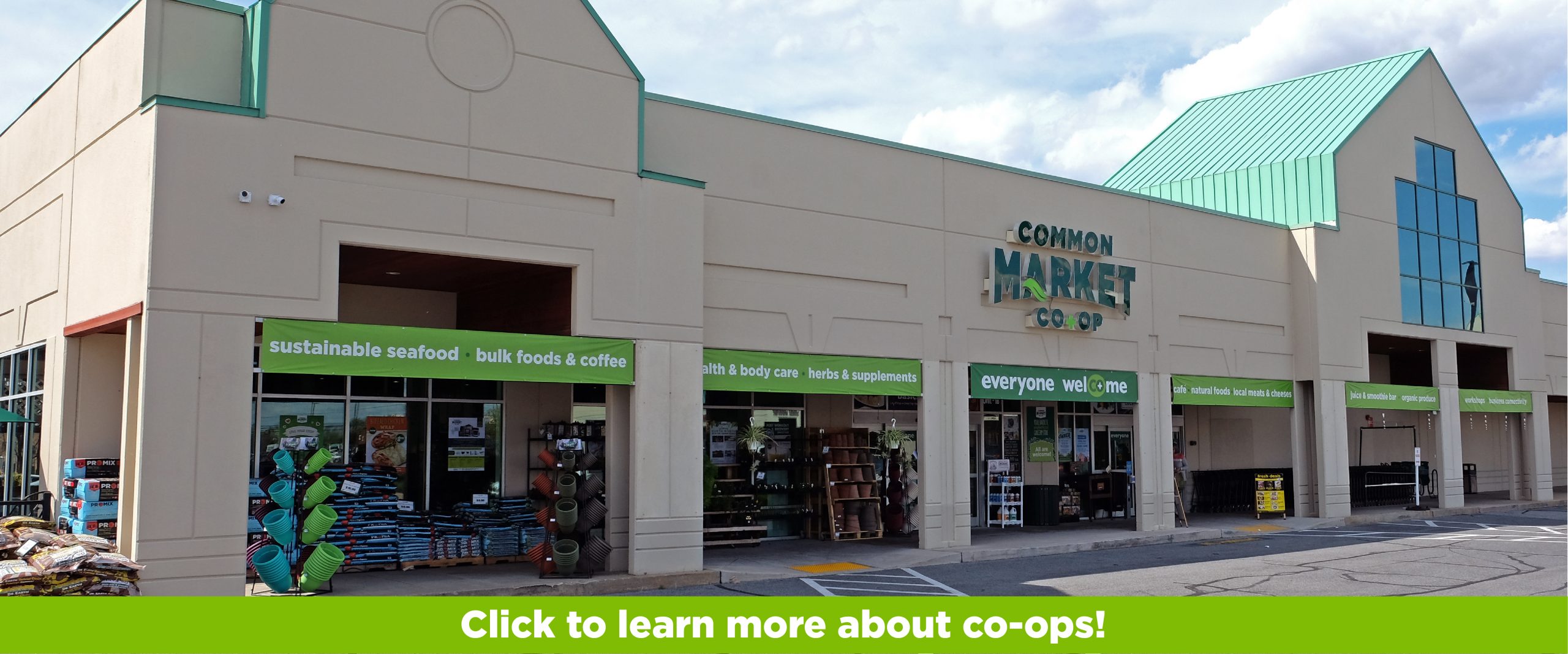What is a Co-op?
co·op·er·a·tive [koh-op-er-uh-tiv] noun
“A voluntary group of people who have joined together to meet their common economic, social, and cultural needs and aspirations through a jointly-owned and democratically-controlled business.”
A cooperative is a business owned by the people who use its services. Co-ops operate under–and practice–the idea that we are stronger together.
The 7 Cooperative Principles
Cooperatives around the world generally operate according to the same core principles and values, adopted by the International Cooperative Alliance in 1995. The International Cooperative Alliance is a global membership association of co-ops and co-op support organizations. Cooperatives trace the roots of these principles to the first modern cooperative, which was founded in Rochdale, England in 1844.
Anyone 18 years and older may join.
Owners vote on proposed bylaw changes, elect the Board of Directors, and may run for a seat on the board.
All owners purchase a legal equity share and further invest through shopping at their co-op.
Co-ops are controlled from within. No outside influences compromise the values of the co-op or its owners.
Co-ops provide education and training to owners, elected representatives, managers, and the general public.
All co-ops seek to help the model thrive. They work together, not against each other.
Co-ops contribute to the local community and economy.
Cooperatives believe we are stronger when a proactive effort is put forth to engage everyone in governance, management and representation.
To learn more about cooperatives please visit The National Cooperative Business Association.

